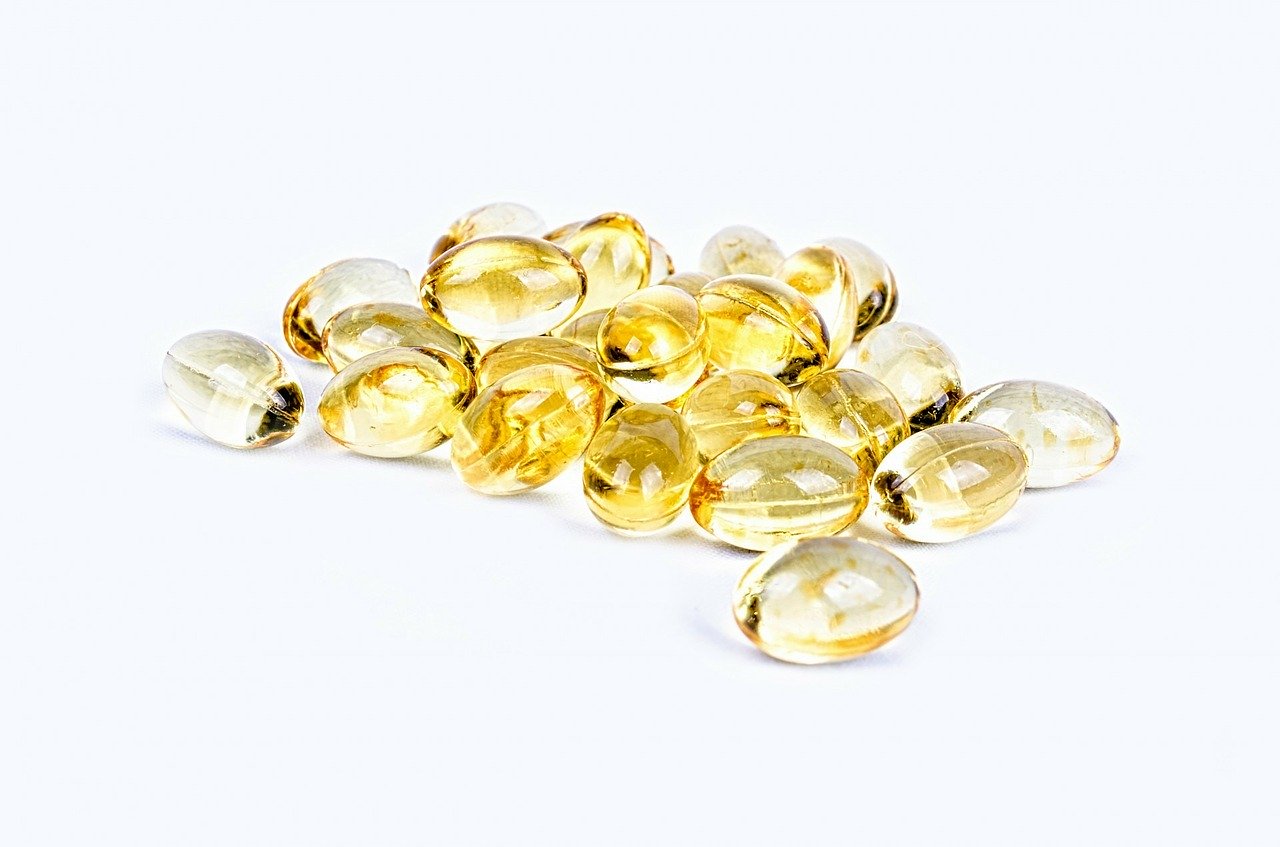Emerging research and recent recommendations suggest Vitamin D supplementation can offer “immune boosting” protection against COVID-19, based on findings that Vitamin D Insufficiency (VDI) is highly prevalent in severe COVID-19 patients.
VDI and severe COVID-19 share numerous associations, including hypertension, obesity, male sex, advanced age, concentration in northern climates, coagulopathy, and immune dysfunction.
Therefore, I and my partners in the COVID-19 Global Response Group are calling for immediate randomized controlled studies of VDI in COVID-19 patients and that health care providers begin recommending Vitamin D supplementation to the American public.
Vitamin D supplementation could be a game-changer for boosting the immunity of vulnerable populations—especially those heavily impacted in the USA, including Latinos and African-Americans and homeless populations.
According to Former CDC Chief Tom Frieden, M.D, “Vitamin D supplementation reduces the risk of respiratory infection, regulates cytokine production and can limit the risk of other viruses such as influenza.”
Respiratory infections, which characterize COVID-19 illness, can result in “cytokine storms,” in which inflammatory cells cause organ damage, increasing mortality. “Right now, we don’t know if Vitamin D deficiency plays any role in the severity of COVID-19,” says Dr. Frieden. “But given the high prevalence of Vitamin D deficiency in this country, it is safe to recommend that people get the proper daily dosage of Vitamin D…. As we continue to work to mitigate the impact of COVID-19, anything we can do to strengthen our resistance is a step in the right direction.”
The Scottish Government recently issued guidelines recommending Vitamin D for immune boosting, and physicians and nutritionists from the Institute of Functional Medicine routinely recommend Vitamin D supplementation for immune boosting.
Based on this synthesis of information, I strongly recommend that Vitamin D supplementation be urgently recommended to the American public. New programs to access Vitamin D, as well as clinical trials for efficacy, should be targeted to vulnerable populations to save the most lives.
Vitamin D is inexpensive, readily available, safe, and easy to promote. I urge all health care providers to rapidly increase its clinical use and for manufacturers to strive to meet likely increased demand for the supplement.


